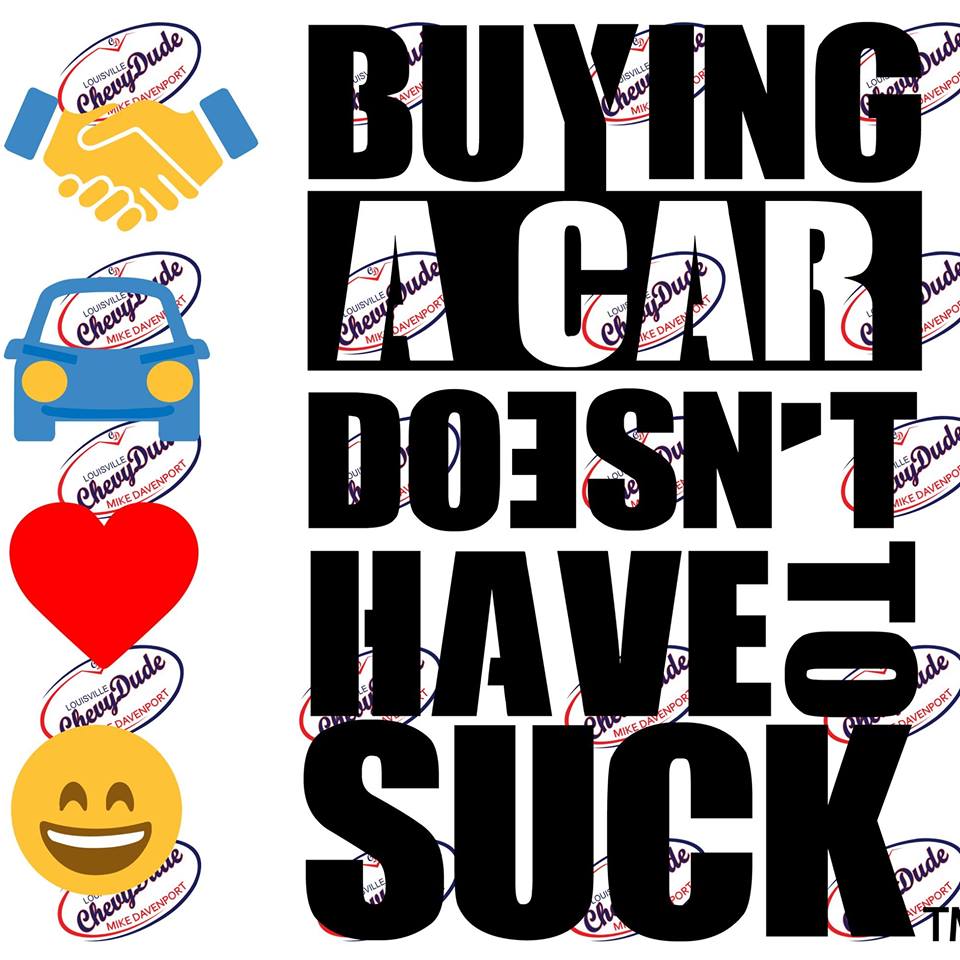 “When we are no longer able to change a situation, we are challenged to change ourselves.” -Victor Frankl
“When we are no longer able to change a situation, we are challenged to change ourselves.” -Victor Frankl
Everywhere you go there’s always someone talking about the next best way to reach customers and convert sales. Social media, SEO, content, ads, email, and even events – all can improve business health. Each brings its unique value into the sales process. However, it just may be your relationships that are the most important.
Healthy relationships lead to better lives.
The quality of our personal relationships has an enormous impact on our physical health, as evidenced by a hefty number of research studies.
In the movie “Cast Away,” Tom Hanks’ character — stranded on an uninhabited island — creates a face on a volleyball and talks to “Wilson,” as if it were a person.
Though fictional and funny, the gesture illustrates something very basic about us: Relationships are important — so important, in fact, that our brains are hardwired to form them.
Strong relationships lead to better work.
Employees spend more of their waking hours with co-workers than they do friends and family. So many benefits can happen when companies allow and foster good work relationships:
- Improved teamwork
- Employee morale
- Higher retention rates
- Increased productivity
Get my latest business tips, exclusive content, and a bit of fun straight to your inbox with the Kruse Control Newsletter. Boost your profits with our proven advice. Sign up now – it’s free!
Return on relationship (ROR): the new measure of success
Not only will creating relationships with customers often lead to more sales, it can also create more business through word of mouth.
Return on relationship is the value accrued from nurturing a relationship. This is both perceived and real value; it will accrue over time in the way of connections, loyalty, recommendations, and sharing.
Morrie Sage, the genius car guy.
Morrie Sage was one of my mentors. Very early in my career, he was the biggest Nissan dealer in the world and with his former GM, they launched a small startup dealership in Rosemead, CA. After working in the car biz for 3 years, I became part of Morrie’s “startup team.” I met Morrie one day soon after and was immediately captivated.
Morrie had a huge heart that was surrounded by a tough, crusty, rotund exterior. He was incredibly demanding and he could be an asshole sometimes. He would also, out of the blue, buy Rolex watches for his employees.
He was the #1 dealer in the U.S. for years because he understood the value of relationships. He instilled his proven best practices throughout his organization and his success was indisputable. A lot of the dealership operations expertise I still have today is because I learned it from him.
Funny story: I would sometimes travel to our ‘main’ dealership for meetings. The meeting office had a photocopier. One day, Morrie marched in during our meeting saying he needed ‘the damn copier’ however, he couldn’t help himself from chiming into whatever subject it was that we were discussing.
Morrie was always trying to lose weight. He’d been successful during this time and his clothes were beginning to get loose. As he stood there making a copy that day, giving us his 2 cents, all of a sudden, his pants fell down. I mean all the way down…to the ground!
Without even blinking an eye, he reached down, pulled up his pants, cinched his belt a little tighter, and never skipped a beat trying to make his point.
Morrie passed away in 2011.
A shocking turn of events.
I was rocked this week to learn that the organization Morrie launched all those years ago, along with its current owners (his sons), was charged by the FTC with violating the Truth in Lending Act and multiple violations for false advertising and misleading customers through their online reviews. Read the complaint–> here.
While I have so many emotions around this news, I’m bugged about one consequence in particular. It’s that any relationships formed over the years with Morrie’s organization are now in peril.
A bad mark against any dealership is a bad mark against all dealerships.
When they hear about a bad dealership, customers often don’t remember which one. Each news story is just another that reinforces their judgment. It makes me sad because there are good operators who realize their business health depends on their customer relationships and they take the actions necessary to protect those relations.
But public perception didn’t get this way on its own. There’s a lot the industry needs to do to repair things.
Cultivating customer relationships matters more in the sales process than any marketing or advertising.
Word travels fast today, thanks to technology and our incessant need for information.
Positive customer engagement is often the determining factor in the sale.
The loyalty of repeat customers is the lifeblood of any business. Solid customer relationships, especially today, are like money in the bank. Without them, a business dies a slow, terrible death. Add social media to the mix and it just might hasten the end sooner.
All the advertising in the world won’t save you from burned bridges with customers.
What kind of mindset and culture has to be present for it to be okay to (allegedly) manipulate and lie to customers? Is it ego? Probably. It may also be a lack of confidence to build meaningful relationships.
Carl Sewell, author of Customers for Life, always talked about the $517,000 customer. He said that each person who walks through your door (virtually or in real life) represents $517,000 in potential business revenue over his or her lifetime.
What are you doing to develop a culture like this?
Positive customer engagement is the key to business health.
There’s a guy out of Louisville, KY – Mike Davenport – whose ‘brand’ is Louisville Chevy Dude. He’s been in auto retail for 17 years and his trademarked slogan is “Buying a Car Doesn’t Have to Suck.”

Mike lives and breathes his brand, calling himself the “Personal Problem Solver.” He wants to change customers’ perception of car buying and he delivers very helpful, meaningful info as evidence of his credibility and trustworthiness.
Mike started out not knowing anyone in town and now he sells more Corvettes that anyone in the U.S.
Taking care of the customer will always keep them coming back for more.
Is your business health is at risk?
Change only happens from within. It boils down to true leadership. Those who lead, value their relationships. Those who don’t, don’t.
The decision is yours. Either you decide to operate for the long term, using business practices that keep customers coming back (and referring friends and family) or, you wind up as the subject of yet another lead story as evidence of how car dealerships can’t be trusted.
